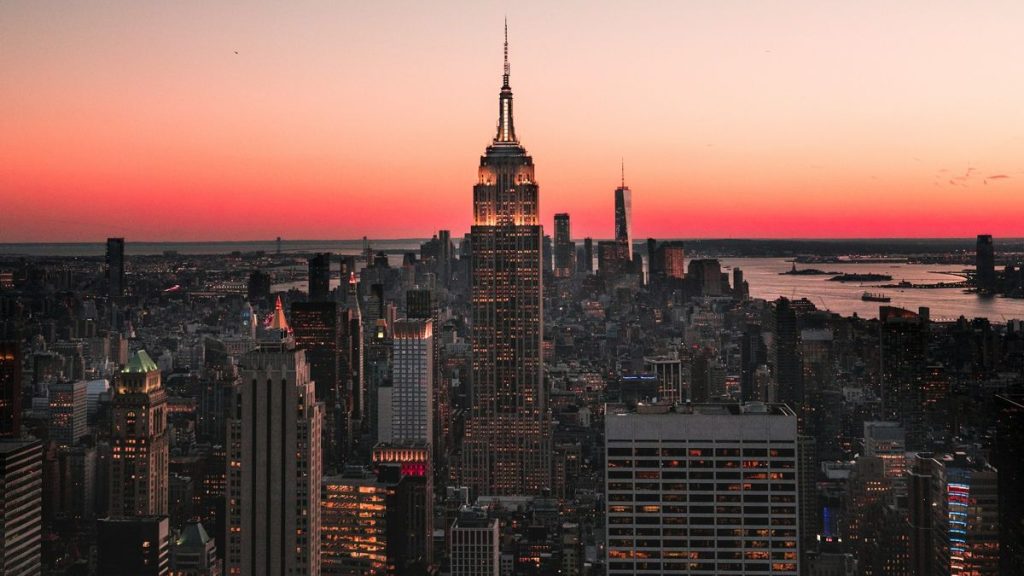
Photo Credit: Timo Wagner
The Department of Justice has urged a New York judge not to grant Live Nation’s request to switch to courts in Washington D.C. based on the consent decree that regulates Live Nation’s conduct.
The DoJ argues that the consent decree is irrelevant in this request because the case does not seek to “enforce, construe, or undo” the existing consent decree. “Defendants’ arguments rest on a single foundation—that this case seeks to modify or enforce a prior consent decree between Defendants and certain Plaintiffs, filed in the United States Disctrict Court for the District of Columbia in 2010, and amended in 2020,” the DOJ writes in its opposition to Live Nation’s motion to transfer venue.
“Put more directly, this case does ‘not seek[] to enforce or construe or undo’ the Decree. Without that foundation, defendants’ transfer arguments collapse, and the factors not only do not save defendants’ position, but in fact, plainly support this court’s retention of this case.”
In its response, the DoJ highlights multiple instances in which it argues Live Nation and Ticketmaster acted as interconnected monopolies, engaging in anticompetitive behavior across the live music industry. The United States, 29 states including New York, and D.C. allege that Live Nation and Ticketmaster have become the gatekeepers of delivery for nearly all live music in America today.
It argues that this monopoly on live music is “harming competition and consumers in five different markets through sweeping, multifaceted, and mutually reinforcing conduct that violates Sections 1 and 2 of the Sherman Act and numerous states’ laws, including those of New York. Primary complaints include:
- Live Nation and Ticketmaster unlawfully maintaining monopolies in markets for primary ticketing, concert promotion, and large amphitheaters
- Foreclosing a substantial share of commerce in primary ticketing through long-term exclusive contracts.
- Anticompetitively tie artists’ ability to perform in large amphitheaters to their agreement to purchase Live Nation’s promotion services
“The impact of [Live Nation’s] unlawful conduct is substantial and affects nearly every corner of the live music ecosystem,” the DoJ argues. A laundry list of conduct that the DoJ alleges goes beyond breaching the consent decree is listed in the response, including the “acquisitions of rival ticketers, amphitheaters, promotion companies and festivals; leveraging of secondary ticketing markets; agreements not to compete; cooperation rather than competing with actual and would-be competitors; forced access to competitors’ data; long-term exclusive agreements; conduct in fan-facing and artist-facing markets, and more.”
The DoJ argues that a New York court is more suited to hearing the case because New York itself has long been a hub in the live music industry for artists, fans, and industry participants. “New York is home to two of Ticketmaster’s few competitors, twenty-plus entities from the parties’ initial disclosures, numerous amphitheaters and arenas, material non-party and party witnesses, and defendants’ largest office outside of California.”

